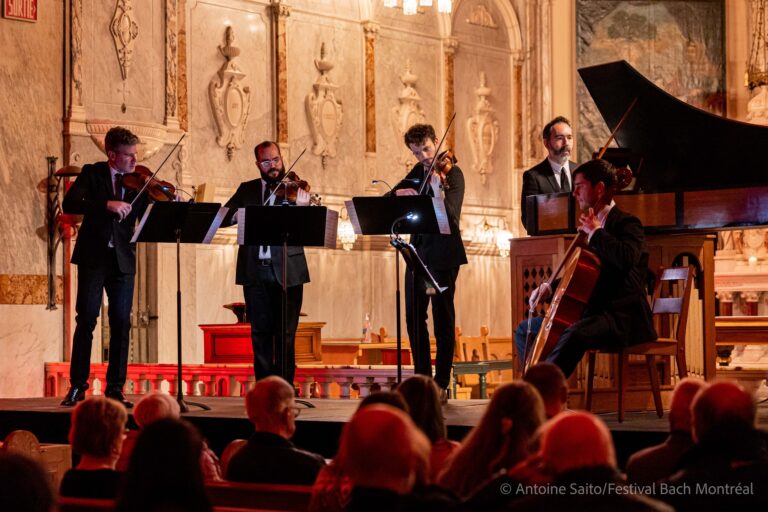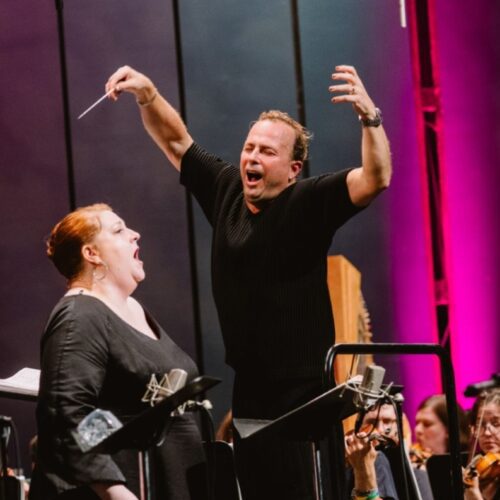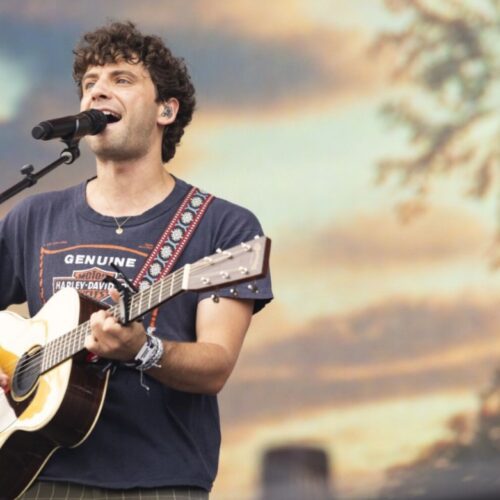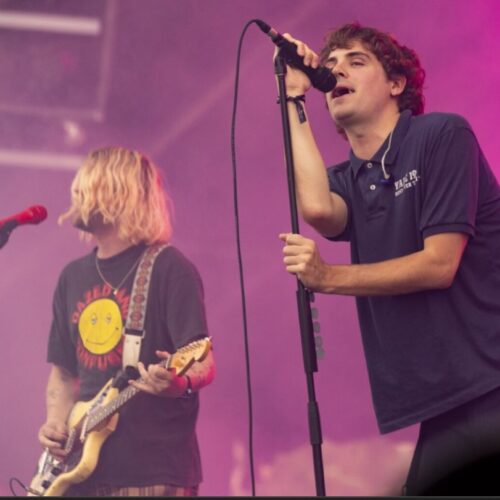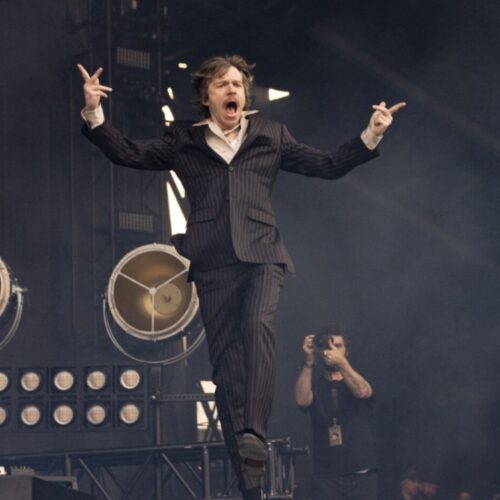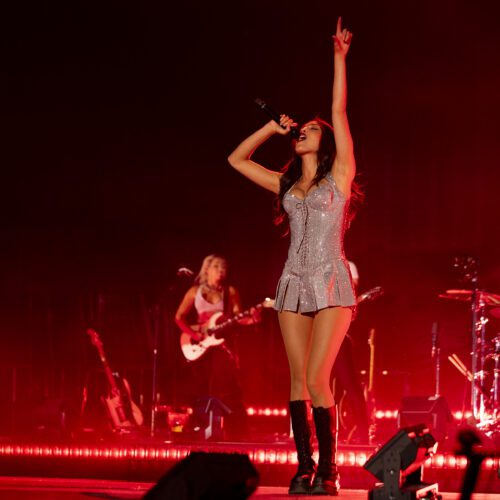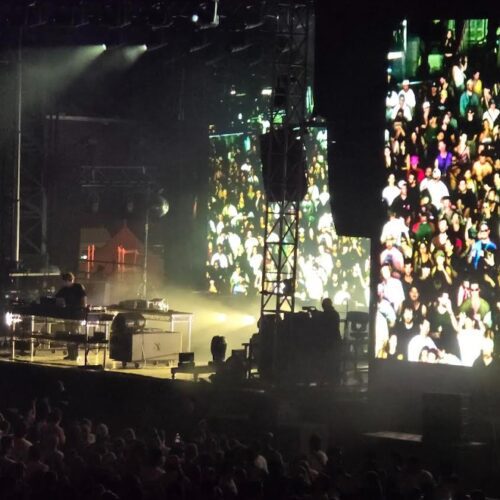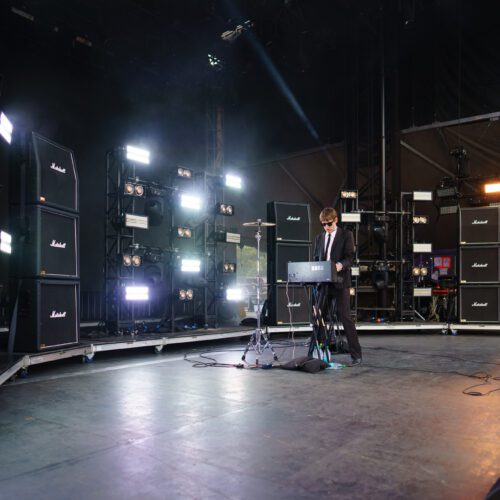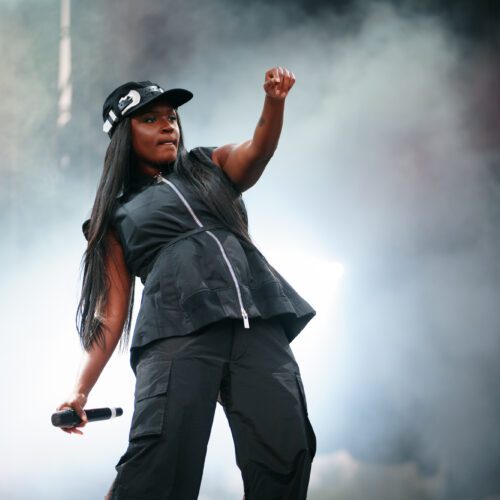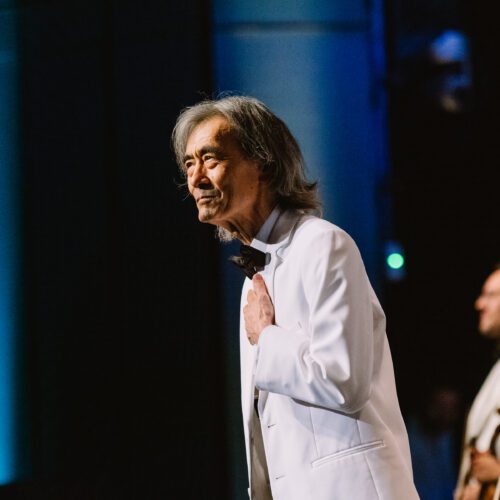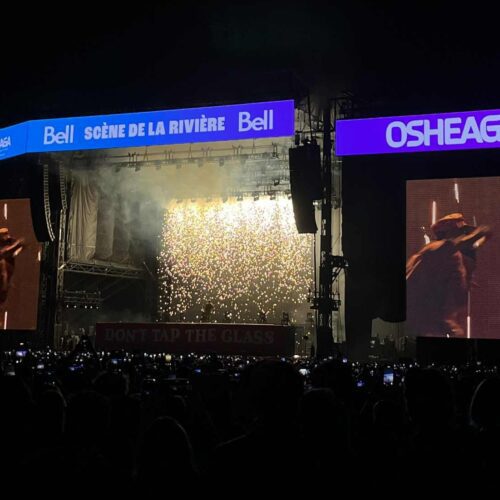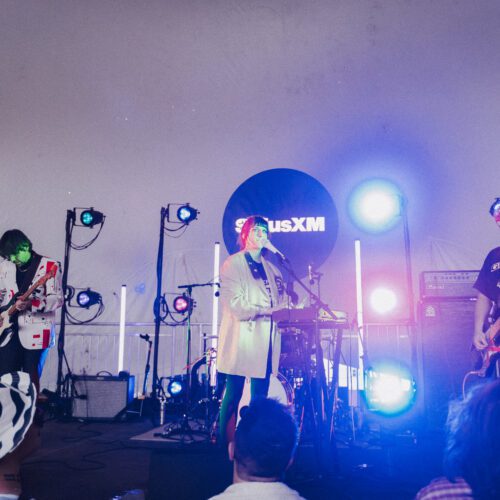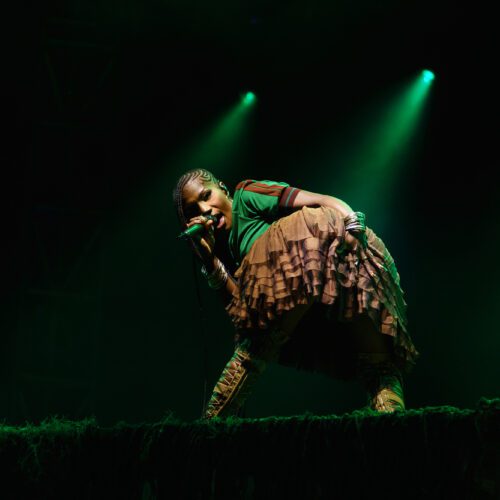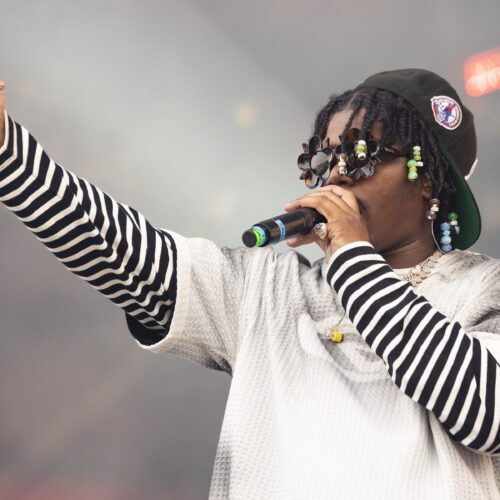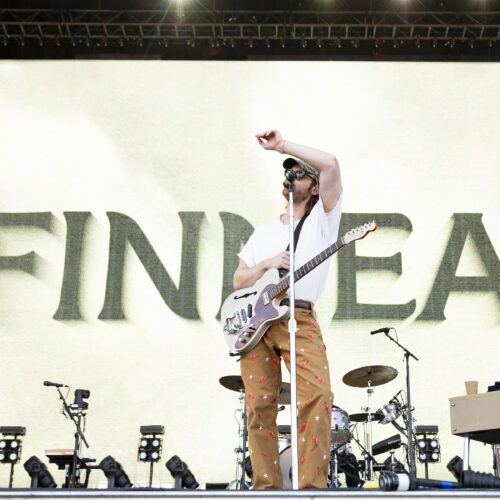It was in the serene setting of a virtually full Chapelle Notre-Dame-de-Bon-Secours that the Ensemble Diderot performed, a music ensemble recognized among other things “for its vocation to rediscover and interpret on period instruments the repertoire of the 17th and 18th centuries, and to reveal the links forged between performers, composers, courts and schools of a Baroque musical Europe without frontiers”.
Having already appeared at the Bach Festival a few years ago, violinist and artistic director Johannes Pramsohler this time brought his friends Roldán Bernabé and Simone Pirri (violins), Eric Tinkerhess (cello) and Philippe Grisvard (harpsichord and organ) to Montreal to present a program centred around works from the generation preceding that of the Leipzig Kantor. The evening’s repertoire was quite unique and relatively mysterious, in that it consisted of a string of sonatas for three violins, defined by their “use of three voices in the high register of the violin, supported by a bass voice, allowing for the expression of more personal virtuoso playing and more complex musical writing”, not to be confused with the trio sonata – an emblematic genre very much in evidence in the Baroque period, and governed by different rules. The sonata for three violins was such a unique and experimental genre that the composers who tackled it often composed only one. So, as Johannes Pramsohler and Philippe Grisvard humorously pointed out in their remarks to the audience, we were hearing the bulk of the sonata catalogue. For its first appearance in the metropolis, the Ensemble Diderot delivered a performance marked by subtlety and marked dynamism. A dynamism that was not without its difficulties, as the string players had to deal with instruments whose temperature fluctuations forced them to retune almost systematically between each piece.
The first part set the table in a balanced and honest manner. The sonatas by Gabrielli and Fontana gave rise to some fine exchanges of violin passages, supported by a round, sonorous continuo and melodic outbursts from the organ. Schmelzer’s Sonata a 3 violini was imagined by Diderot’s musicians as an evocation of the Judgment of Paris, an important episode in Greek mythology pitting the goddesses Hera, Athena and Aphrodite against each other. The Prince of Troy, Paris, must present an apple to the fairest of them all. The musical dialogues here are highly idiomatic, moving from a tender, lyrical movement to a more animated, energetic theme, and ending with a page of almost contemplative supplication. Johann Fux’s Sonata for 3 violins, without continuo, is a strange interweaving of varied contrapuntal musical lines, which leaves us with an impression of harmonic clutter, despite subtle, perfectly executed nuances and dynamics.
It was particularly in the second half of the concert that the inventiveness and aesthetics of the type of sonatas represented by the Ensemble Diderot really shone through. Opening the second half, Marini’s Sonata in Eco allowed us to appreciate Pramsohler’s virtuoso vocal playing, to which his comrades Bernabé and Pirri responded from behind the chapel choir, amplifying the echo effect that the piece calls for through the use of repetition of the last segments of the violins’ musical lines. Giovanni Buonamente’s Sonata Seconda evokes for the musicians the mythological figure of the Fates, the beings who weave the destiny of every individual. The musical lines, typical of a canzone inspiration, are carried by an effect imitating a spinning wheel in the violins, which concludes with a dry, sonorous bow stroke in the cello, symbolizing a life that has just been cut short. The Sonata decima by Dutch composer Carolus Hacquart is an exceptionally constructed four-movement synthesis of sonata form, frivolous, agile and stylistically varied. Considered the inventor of the concerto, Torelli’s sonata bears the mark of this influence, with its sonorous, clarion tutti. The finale, a sonata by Antoine Dornel, was warmly applauded. As an encore, the musicians offered a nuptial gift in the form of Pachelbel’s famous Canon: a work that may have been overplayed but was treated with good taste and vivacity. So there’s no need to sulk, especially when accompanied by the imagination and rigour of the Ensemble Diderot.
The Bach Festival continues until Saturday, December 2. To see the detailed program, visit the official festival website.
Also check out the Off-Festival Bach program, which offers a series of free concerts and activities every day from November 22 to 29, starting at 12 noon.
Photo credit: Antoine Saito
